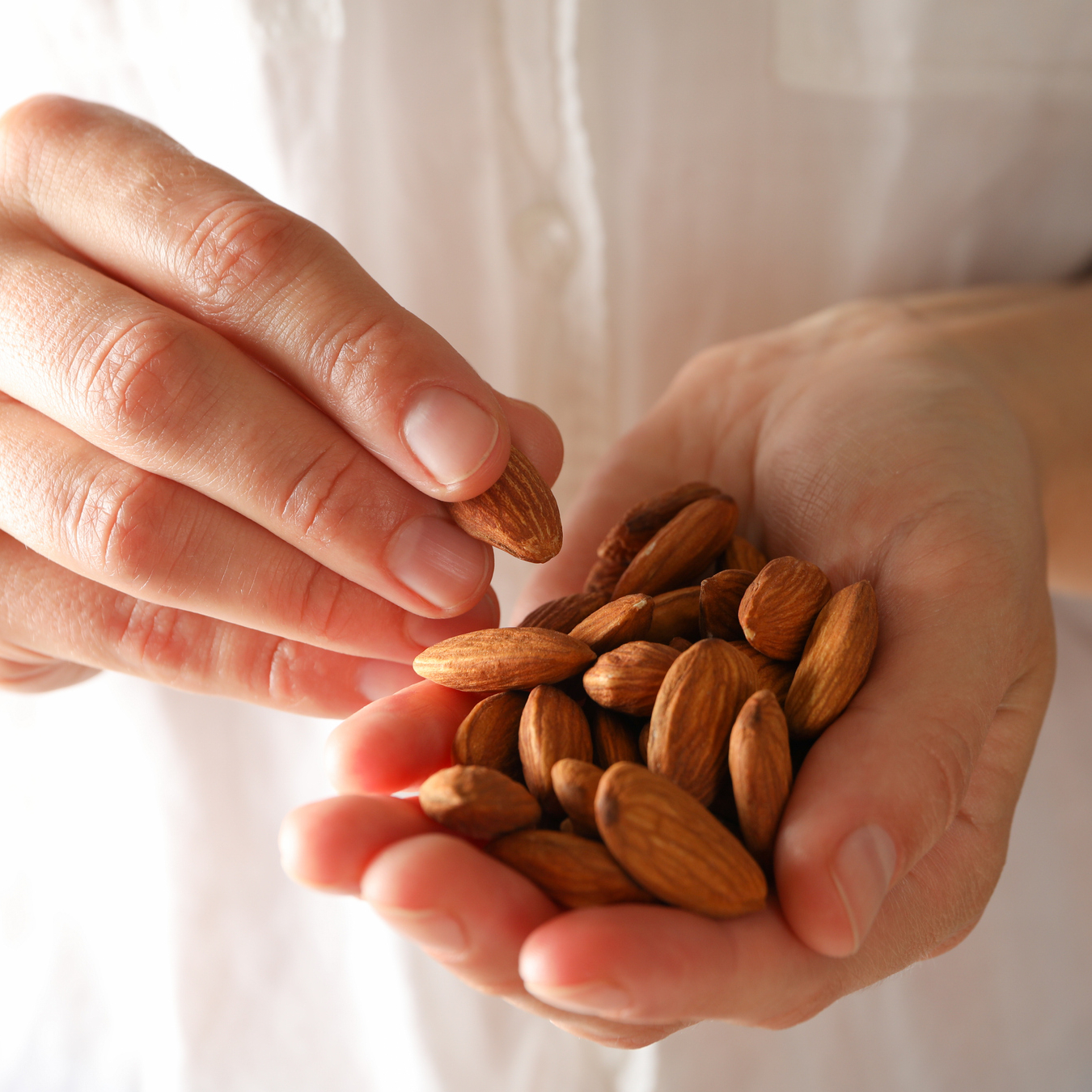Opinion
4 min Read
Does ‘Almond Mom’ Help End Diet Culture or Just Shame Moms?

February 28, 2023
Opinion
4 min Read

February 28, 2023

I suppose I was eating almonds when I recently came across ‘Almond Mom’, a pejorative term meant to describe caregivers (mostly moms) who model diet culture for their children. At their worst, Almond Moms are said to push toxic diet and fitness expectations onto their kids, as captured in a Real Housewives of Beverly Hills (2013) clip of Yolanda Hadid telling her then-teen daughter Gigi to “have a couple of almonds and chew them really well” when the girl was feeling weak. The clip was shared over TikTok this past fall. And lo, the #almondmom phenomenon was born.
Today there are thousands of young Tiktokkers sharing the negative, diet-obsessed phrases and behaviours they witnessed over the years from Almond Moms. Most are lighthearted jabs at their parents. Others celebrate the end of unhealthy relationships with food. A few expose the ugly side of growing up under a caregiver obsessed with thinness.
Some #almondmom videos are from parents themselves (again, mostly moms) sharing all the things they do to promote a positive relationship with food. Not all moms! I imagine them screaming on the inside. Articles abound across the internet on “How not to be an almond mom” or “How to recover if you had an almond mom.”
I think back to a small tin I carried in my purse around 2013. It was designed to hold 10 almonds—no more—for a perfectly-sized snack. Each day I chewed my 10 raw almonds really well, just as Yolanda had instructed her own daughter to do. I realize that if I’d had my babies in my late-20s instead of my late-30s, I would have been a full-force Almond Mom.
I just hope that now, like any good diet food, I am more Almond-Lite.
Around the same time that #almondmom started trending, breaking news from Hollywood revealed celebrities and the very rich were taking Ozempic, an injectable drug that acts as an insulin regulator for pre-diabetic patients and can double as a weight-loss drug (now in shortage, according to the FDA). Also, at the same time, celebs began singing the praises of buccal (cheek) fat removal. After a few nice years of size inclusivity and body neutrality, we have undoubtedly swung back into thin worship, echoing a ’90s and ’00s body aesthetic that cruelly trained every Almond Mom out there: true beauty is waif-like with a glaze to the eye. This was, and still is, unreachable for most people.
Unless you take measures, like chewing a few almonds, really well.
I have to question: Why collectively throw stones at Almond Moms, yet worship at the same altar that created Almond Moms in the first place?
I don’t have a definitive answer, other than a suspicion that the shadowy leanings of wealth idolatry, ageism, or even the motherhood penalty are at play: A regular mom entrenched in diet culture? A pity at best, dangerous to her children at worst. But an unmarried young woman? Cool, sexy. Or a mature wealthy woman? Wow. Admirable.
I barely crawled my own way out of toxic diet behaviours; no tiny tins of almonds were ever going to transform my large shape into an ethereal dream body. And now as a mom, I do my best to role-model body respect and loving acceptance for my kids. This multi-generational belief that thinness is a virtue must end so kids stop learning to hate their bodies, like I did.
And yet, there is just something off about this shame pile-on for mothers whose habits, behaviours and belief systems were shaped by impossible cultural expectations—the same expectations rearing their ugly heads today. Maybe instead of name-calling the countless moms who fell into a diet trap, we hurl our stones at the social constructs that set the trap to begin with.